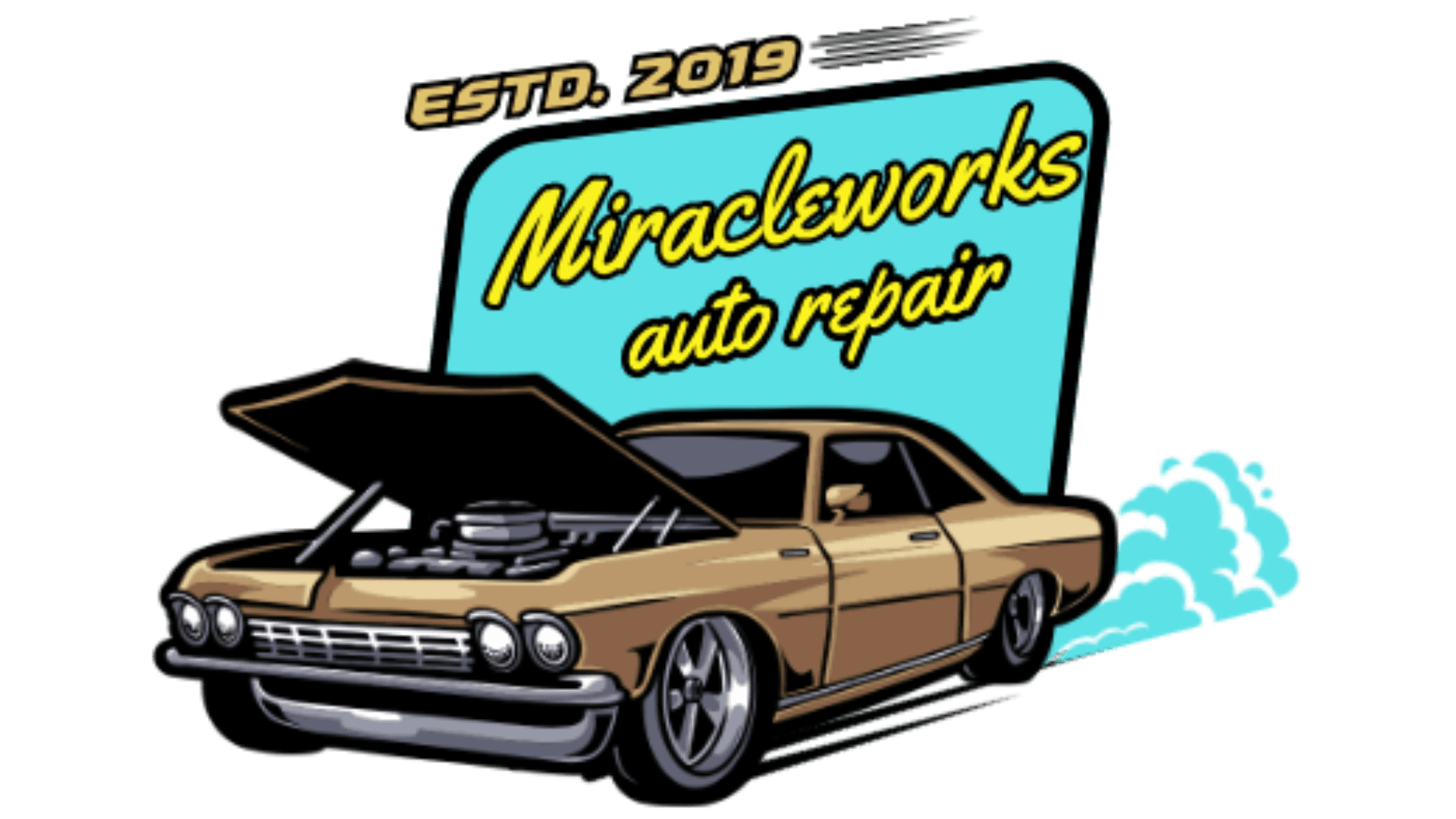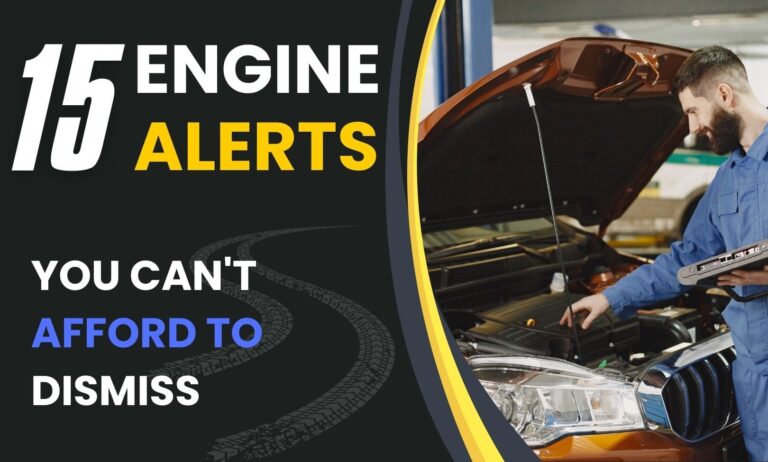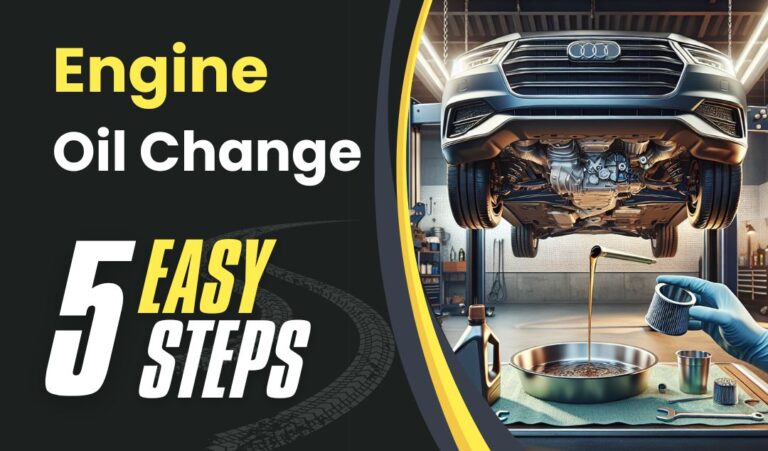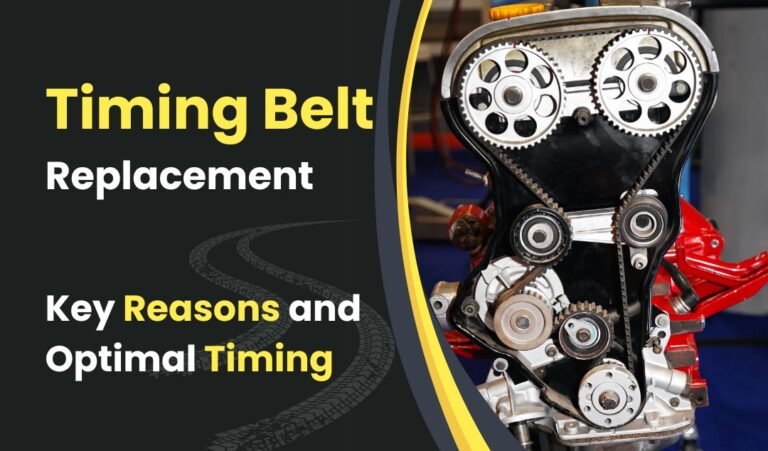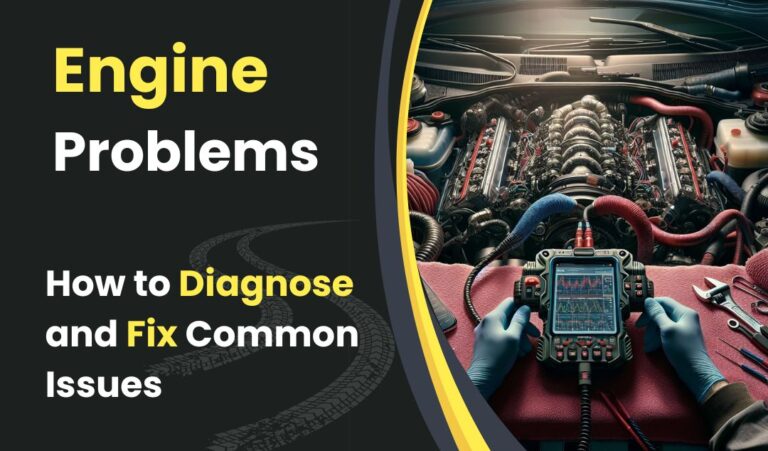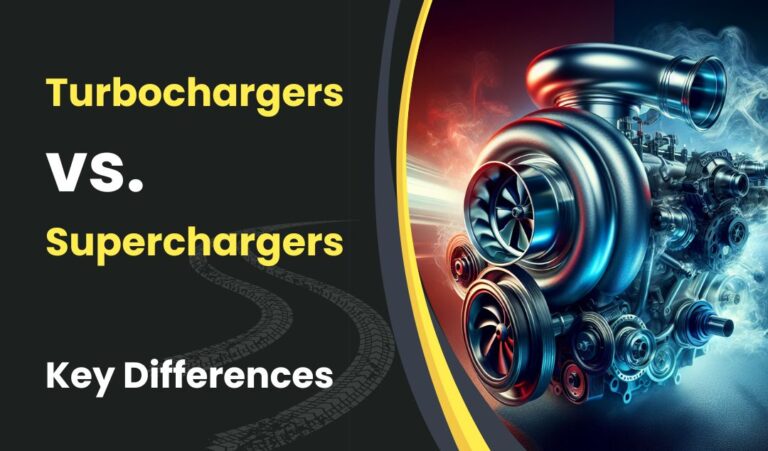Engine Rebuilding vs. Replacement: Which One is Right for You?
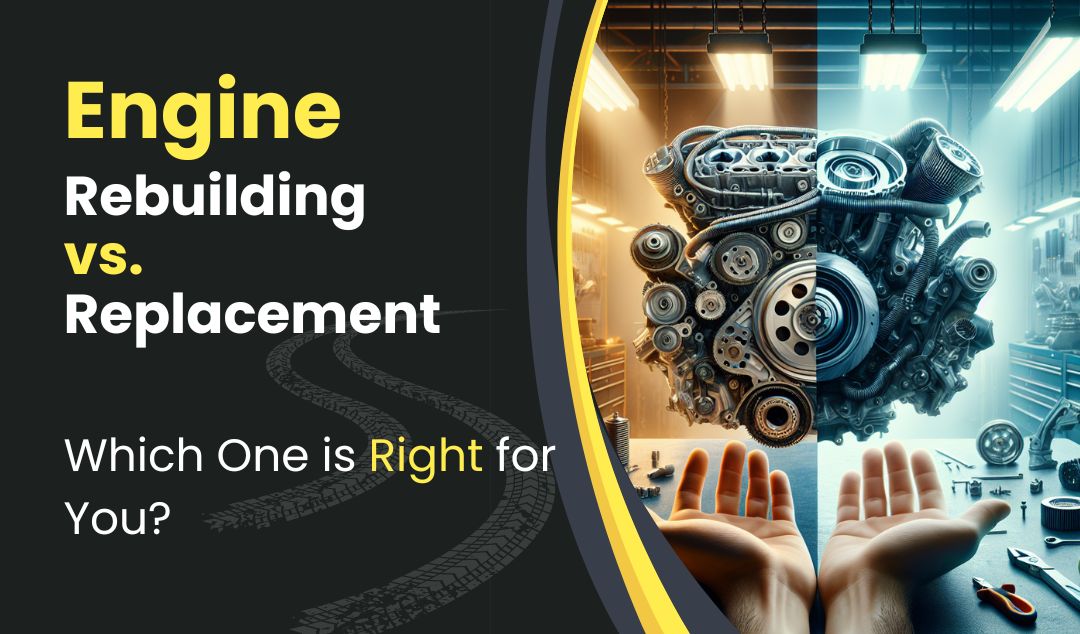
When it comes to addressing engine problems, vehicle owners often face a crucial decision: engine rebuilding vs. replacement. This choice can have a significant impact on both the performance and longevity of their vehicles, as well as their wallets. Understanding the differences between these options is essential for making an informed decision that aligns with one’s budget, goals, and the condition of their vehicle.
Engine rebuilding involves disassembling, inspecting, and reassembling an engine with new or refurbished parts, while engine replacement means swapping out the entire engine with a new or remanufactured one. This article will explore the costs associated with each option, compare their effects on vehicle performance, and discuss the pros and cons of engine rebuilding. By examining these factors, readers will gain valuable insights to help them decide whether to rebuild or replace their engine, or even consider buying a new car altogether.
Understanding Engine Rebuilding and Replacement
What is Engine Rebuilding?
Engine rebuilding involves disassembling the engine block, cleaning and inspecting its components, and replacing damaged parts. This process typically includes replacing piston rings, bearings, gaskets, and seals. Major components like camshafts, crankshafts, and pistons are replaced only when necessary. The cylinders and cylinder head are reconditioned to ensure proper sealing with new piston rings. After reassembly, the rebuilt engine is reinstalled in the vehicle.
Get peace of mind with our comprehensive diagnostic check. Right at your Doorstep!
What is Engine Replacement?
Engine replacement is the process of swapping out a damaged engine with a new or remanufactured one. This option is chosen when an engine is beyond repair or when rebuilding is not cost-effective. Replacement engines can be brand new from the manufacturer, remanufactured, or used engines from donor vehicles.
Key Differences
The main differences between rebuilding and replacement lie in the approach and outcome:
- Cost: Rebuilding is often more cost-effective than replacement, especially for older or rare vehicles.
- Customization: Rebuilding allows for performance upgrades and customization of engine components.
- Environmental impact: Rebuilding is more environmentally friendly as it reuses existing parts and reduces waste.
- Quality control: Rebuilding offers better control over part quality and workmanship.
- Time and labor: Engine replacement is generally quicker and requires less labor than rebuilding.
- Warranty: Replaced engines often come with warranties, while rebuilt engines may have limited coverage.
The choice between rebuilding and replacement depends on factors such as the vehicle’s age, value, and the extent of engine damage. Both options have their merits, and the decision should be based on individual circumstances and long-term goals for the vehicle.
Read: Engine Problems: How to Diagnose and Fix Common Issues
Cost Comparison
Rebuilding Costs
Engine rebuilding typically costs less than replacement, making it an attractive option for many car owners. The process involves disassembling, inspecting, and reassembling the engine with new or refurbished parts. Labor costs constitute a significant portion of the expense, with the average rebuild requiring 15-25 hours of work. The total cost often ranges from £700 to £2000, depending on the vehicle type and condition.
Replacement Costs
Engine replacement generally involves a higher upfront cost compared to rebuilding. According to Automotive Repair, the average cost for engine replacement at a dealership is $7,850. This price primarily covers the new engine itself, with labor costs for installation typically taking 10-12 hours. More complex replacements may require up to 15 hours of work.
Long-term Financial Implications
When considering the long-term financial impact, several factors come into play:
- Quality of parts: Rebuilt engines may use lower-quality replacement parts, potentially affecting longevity.
- Warranty: Replaced engines often come with better warranty coverage than rebuilt ones.
- Hidden issues: During rebuilding, additional problems may surface, leading to unexpected costs.
- Vehicle value: For older vehicles with high mileage, investing in a rebuild or replacement may not be cost-effective due to other potential issues like rust, wear and tear, or electrical problems.
To determine the most cost-effective option, consider this equation:
If (Cost of replacement engine + Labor costs) > (Cost of rebuild parts + Labor costs) and (Cost of rebuild parts + Labor costs) < Vehicle replacement cost, then rebuilding is the more economical choice.
Ultimately, the decision between rebuilding and replacement depends on individual circumstances, including the vehicle’s age, overall condition, and the owner’s long-term goals for the vehicle.
Get peace of mind with our comprehensive diagnostic check. Right at your Doorstep!
Performance and Longevity
Rebuilt Engine Performance
Rebuilding an engine can significantly improve its efficiency and performance. This process involves disassembling the engine, inspecting its components, and replacing worn or broken parts. A well-rebuilt engine can provide a noticeable boost in acceleration and responsiveness, offering a smoother driving experience. However, the level of performance enhancement depends on the quality of the rebuild and the parts used.
New Engine Performance
New or remanufactured engines often deliver impressive performance gains compared to their predecessors. These engines typically offer increased horsepower and torque, resulting in better acceleration and top speed. Advanced engineering in new engines also tends to improve fuel efficiency and reduce emissions, making them more environmentally friendly. Drivers can expect a more responsive and enjoyable driving experience with a new engine.
Lifespan Expectations
The longevity of both rebuilt and new engines varies based on several factors. A high-quality rebuild using new or remanufactured parts can last 80,000 to 150,000 miles or more. Remanufactured engines, which undergo a more thorough process, can match the lifespan of new engines, potentially exceeding 200,000 miles with proper maintenance.
Factors affecting engine lifespan include:
- Quality of rebuild or manufacturing
- Usage patterns and driving conditions
- Regular maintenance and care
- Environmental factors
Proper maintenance, including regular oil changes and tune-ups, is crucial for maximizing engine life. While a new engine might offer more consistent performance over time, a well-rebuilt engine can also provide reliable service for many years when properly cared for.
Pros and Cons of Engine Rebuilding
Advantages of Rebuilding
Engine rebuilding offers several benefits for vehicle owners. It’s typically more cost-effective than purchasing a new engine, especially for older or high-mileage vehicles. This process allows for customization, enabling owners to upgrade performance parts to suit their driving needs. Rebuilding also helps preserve the vehicle’s value and has environmental benefits by reducing waste and resource consumption.
For car enthusiasts or those with sentimental attachments to their vehicles, rebuilding maintains the original engine’s authenticity, which is particularly valuable for collectors or vintage car owners. The rebuilding process provides better quality control over parts and workmanship, often resulting in a more reliable engine compared to some replacement options.
Read: Turbochargers vs. Superchargers: Key Differences Explained
Disadvantages of Rebuilding
Despite its advantages, engine rebuilding has drawbacks. It’s a time-consuming and labor-intensive process that requires significant mechanical expertise. There’s also uncertainty about the rebuilt engine’s lifespan compared to a brand new replacement. Rebuilt engines typically come with shorter warranty periods than new ones from manufacturers.
During the rebuilding process, additional issues may surface, leading to unexpected costs. Finding the right replacement parts for older or niche engines can be challenging. The rebuilding process may not always yield the same performance as a new engine, especially if not done correctly.
Get peace of mind with our comprehensive diagnostic check. Right at your Doorstep!
Ideal Scenarios for Rebuilding
Engine rebuilding is most suitable when the problems are minor and easily remedied. It’s an optimal solution for vehicles with high sentimental or collector value. For commercial trucks, rebuilding is often more practical due to their higher initial cost and better value retention at high mileage.
The decision to rebuild should consider factors like the vehicle’s age, overall condition, and the owner’s long-term goals. It’s crucial to weigh the rebuilding costs against the vehicle’s value and potential replacement costs. In some cases, especially for newer vehicles, replacing the engine or even the entire vehicle might be more cost-effective than rebuilding.
Conclusion
The decision to rebuild or replace an engine has a significant impact on a vehicle’s performance, longevity, and the owner’s finances. Both options have their merits, with rebuilding often being more cost-effective and allowing for customization, while replacement can offer better performance and longer warranties. The choice ultimately depends on factors such as the vehicle’s age, overall condition, and the owner’s long-term goals.
For vehicle owners grappling with this decision, it’s crucial to weigh the costs, benefits, and potential risks of each option. A thorough assessment of the vehicle’s value, the extent of engine damage, and future plans for the car can help guide the decision-making process. Whether opting to rebuild or replace, proper maintenance and care are key to maximizing the engine’s lifespan and ensuring optimal performance for years to come.
FAQs
1. What are the drawbacks of rebuilding an engine?
Rebuilding an engine can be a challenging and costly process. It may not be the best option if alternatives like engine replacement are available. Additionally, rebuilding an engine could potentially void your vehicle’s warranty and risk damaging other vehicle components.
2. Can rebuilding an engine improve its reliability?
Yes, a remanufactured engine can perform as well as a new engine, potentially lasting for many years and covering numerous miles. It can also come with an attractive warranty. The reliability of a rebuilt or remanufactured engine largely depends on the quality of workmanship, parts used, driving conditions, and maintenance practices.
3. Which is more advantageous, a remanufactured or a rebuilt engine?
Both remanufactured and rebuilt engines will have their functionality restored, but remanufacturing involves a more thorough process. In remanufacturing, each component is restored to meet the original manufacturer’s standards, making it generally more reliable than simply rebuilding.
4. How long can you expect a rebuilt engine to last?
A well-maintained rebuilt engine can significantly extend the life of your vehicle, potentially adding over 150,000 miles. The durability also depends on the quality of parts used in the rebuilding process, some of which may surpass the original specifications.
